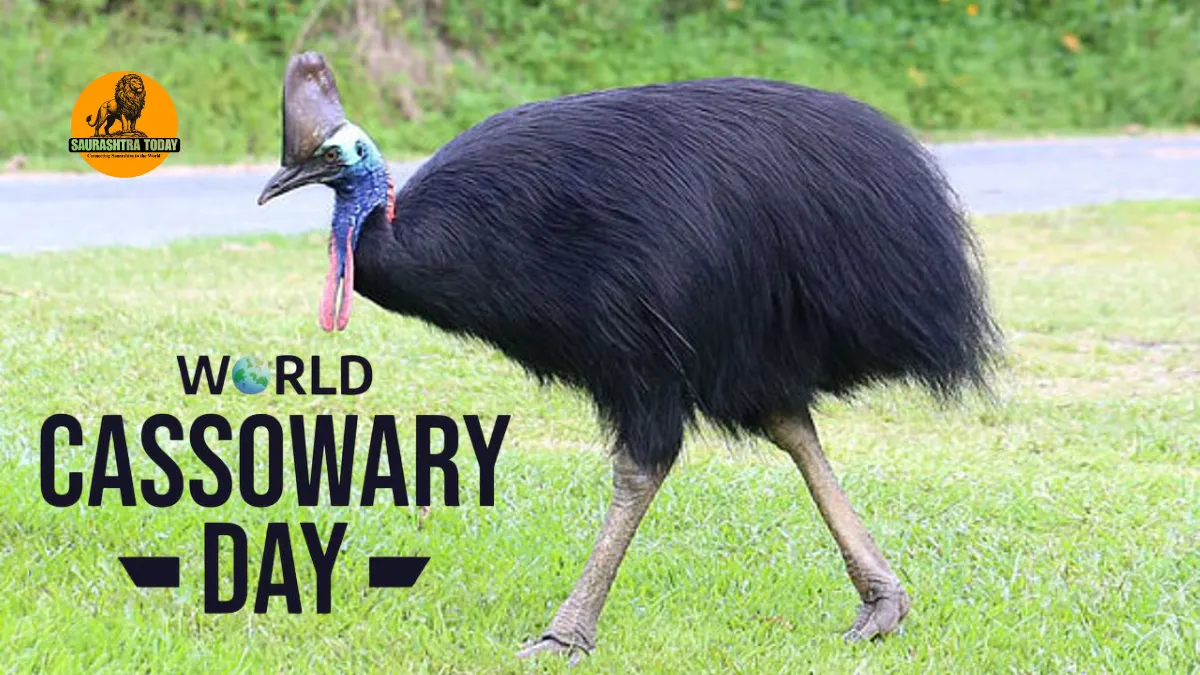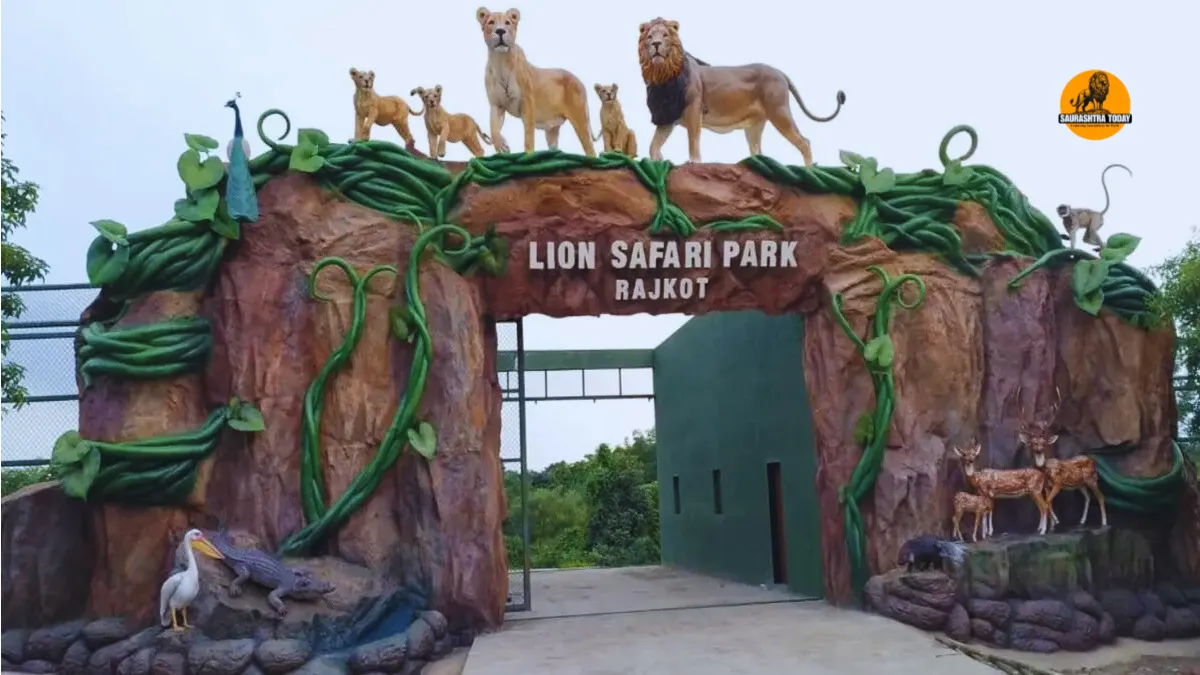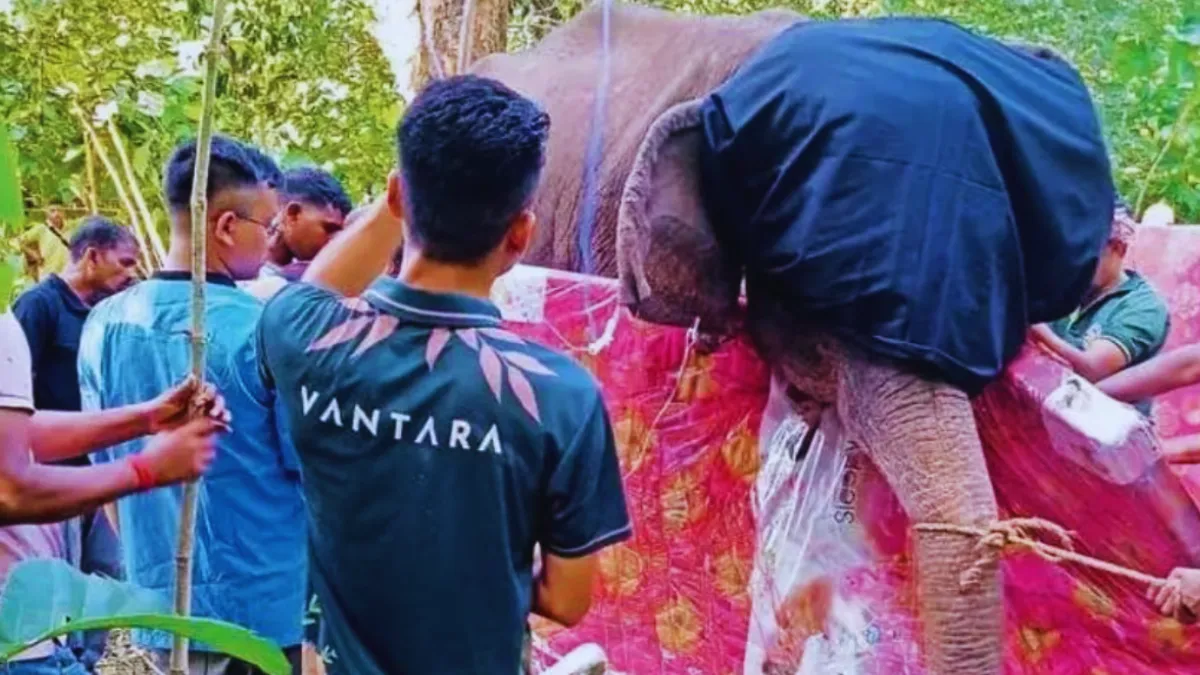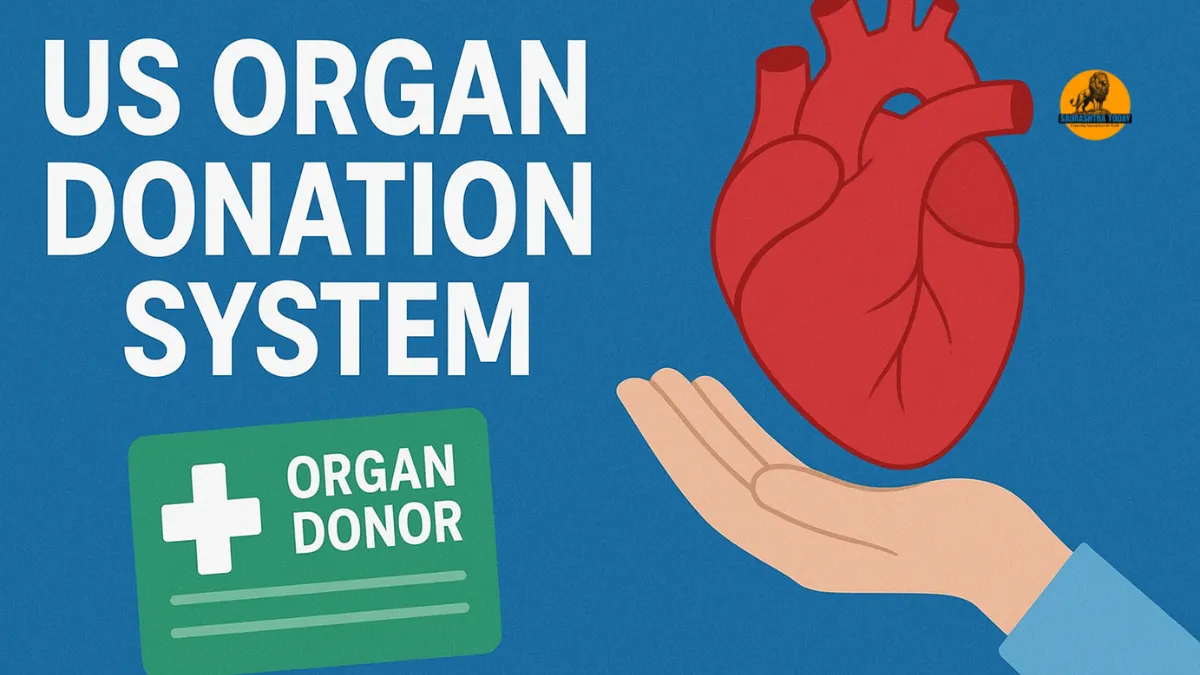World Cassowary Day is an important global event dedicated to raising awareness about the cassowary, one of the most fascinating and unique birds on Earth. Celebrated every year in 26 September, this day highlights the significance of cassowaries in rainforest ecosystems, their endangered status, and the urgent need for conservation efforts. Known as the “world’s most dangerous bird,” the cassowary is not just a species to admire from afar—it is also a keystone species that helps sustain tropical rainforests.
Why World Cassowary Day Matters
The cassowary is a large, flightless bird native to the tropical rainforests of Australia, Papua New Guinea, and surrounding islands. Despite its intimidating reputation due to its powerful legs and dagger-like claws, the cassowary plays a critical role in maintaining rainforest biodiversity. By eating fruits and dispersing seeds over wide areas, cassowaries act as natural gardeners, ensuring the survival of countless tree species.
World Cassowary Day is celebrated to educate the public, encourage conservation, and foster harmony between humans and wildlife. With rapid deforestation, road accidents, and dog attacks threatening cassowary populations, this day reminds us of the urgent need to protect them.
Key Facts About Cassowaries
| Aspect | Details |
|---|---|
| Scientific Name | Casuarius |
| Species | Southern Cassowary, Northern Cassowary, Dwarf Cassowary |
| Habitat | Tropical rainforests of Australia, Papua New Guinea, and nearby islands |
| Average Height | 1.5 to 2 meters |
| Weight | Up to 70 kilograms |
| Role in Ecosystem | Seed disperser and rainforest regenerator |
| Conservation Status | Vulnerable (IUCN Red List) |
| Threats | Habitat loss, vehicle collisions, dog attacks, hunting |
| Annual Awareness Day | World Cassowary Day (September) |
How the World Celebrates World Cassowary Day
On World Cassowary Day, wildlife organizations, local communities, and conservationists organize a wide range of activities such as:
- Educational workshops and school programs to teach children about the importance of cassowaries.
- Community events and festivals in regions where cassowaries live, including guided rainforest walks and cultural displays.
- Conservation campaigns that raise funds for habitat restoration, wildlife crossings, and cassowary research.
- Awareness drives on social media, encouraging people worldwide to share facts, images, and stories about cassowaries.
These activities not only celebrate the cassowary but also strengthen the global call for its protection.
Conservation Challenges and Solutions
One of the biggest challenges cassowaries face today is habitat fragmentation caused by urban expansion and deforestation. Without large, connected rainforests, cassowaries struggle to find enough food and safe nesting sites. In addition, collisions with vehicles and attacks from domestic dogs continue to reduce their numbers.
Conservation solutions being implemented include:
- Building wildlife corridors and safe road crossings to reduce accidents.
- Increasing protected rainforest areas to secure cassowary habitats.
- Running awareness programs for local communities to reduce conflicts between people and cassowaries.
- Supporting rescue and rehabilitation centers for injured birds.
Also read: Vantara India: Inside the World’s Largest Wildlife Rescue and Rehabilitation Center
Why You Should Care About World Cassowary Day
Caring about World Cassowary Day is not just about saving one bird species—it is about protecting entire rainforests. Cassowaries are a keystone species, meaning their survival directly influences the health of ecosystems. Without cassowaries dispersing seeds, many rainforest plants would fail to grow and reproduce, leading to a decline in biodiversity.
By supporting conservation efforts, donating to wildlife organizations, and spreading awareness, every individual can contribute to the protection of these majestic birds and their habitats.
Also read: Disturbing Video Surfaces as Madhuri Elephant Faces Threat of Forced Processions
Conclusion
World Cassowary Day is a reminder that even the most unusual and misunderstood creatures play a vital role in our planet’s health. The cassowary, often feared for its strength, should instead be respected for its role as a guardian of rainforests. By working together—through education, conservation, and awareness—we can ensure that future generations will continue to share the Earth with this extraordinary bird.


















